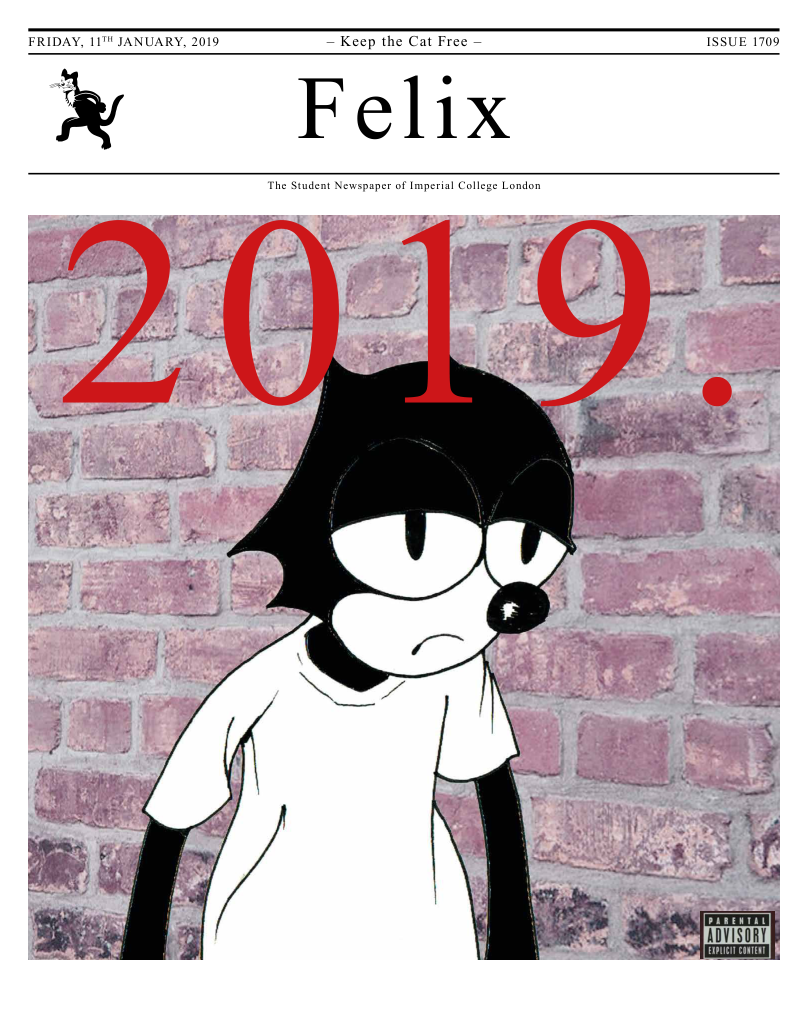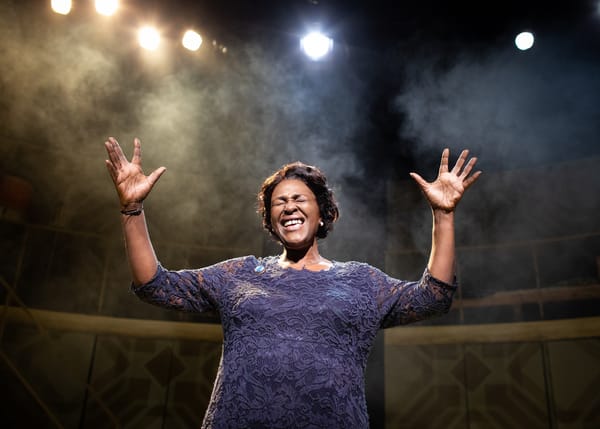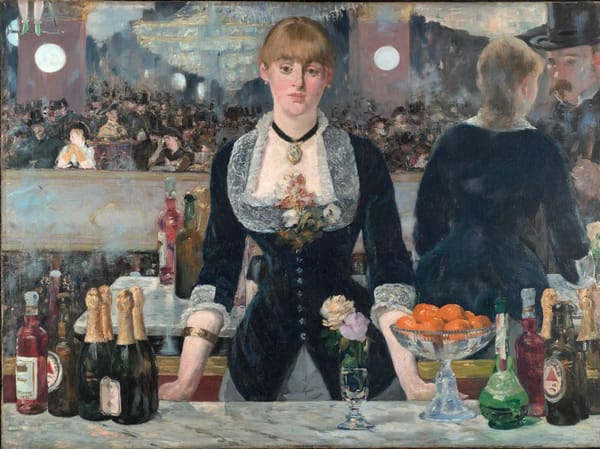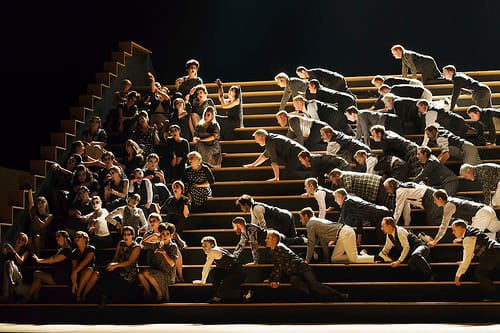True West: Engaging, absurd

The West End debut of the 1980 play is the first major revival of Sam Shepherd’s work since his death last year. The two main leads provide a meaty role for any actor, with talents such as John Malkovich and Gary Sinise, Philip Seymour Hoffman and John C Reilly, and Mark Rylance alternating the roles with Michael Rudko, each trying their hand to play the hardly fraternal, warring brothers. With Game of Thrones star Kit Harington and actor-musician Johnny Flynn portraying Austin and Lee respectively, we see the portrait of two brothers, which could be said to be more of a bifurcation of the playwright himself, and their own warped versions of the fading American dream.
Harington plays against type as Austin, an Ivy-League educated screenwriter, who is housesitting for his mother in her Southern Californian home. The arrival of Lee, played with menacing prowess by Flynn, after five years of absence and three months in the Mojave desert, disrupts the neurotic Lee and old arguments resume.
The first act belongs to Flynn, whose looming height, harsh drawl and deliberate movements bring an ominous air to the estranged Lee. His casual monologue on how most murders occur within the family reveals a feral underbelly, where his time spent in the desert has changed him for the worst. Lee then steals the limelight from Austin and plays to producer Saul’s gullibility, with a “true Western story”.
In an identity swap, not unlike a new suit which fits surprisingly well, the second act sees Lee try his hand as screenwriting, whilst Austin takes up the mantle of the petty thief. This act belongs to Harington, with an outrageous number of toasters lining the stage in his attempt to prove his skill, resulting in a petering tower of toast and a furious Lee. Harington’s comedic timing was a delightful surprise, with his degeneration demonstrated through the tell-tale curls coming loose and his crisply ironed t-shirts and shorts taking on a more worn and distressed look.
The set, wonky and unusual in its perspective by Jon Bauser, is at the mercy of the actors, with furniture and people alike thrown about with an increasingly destructive nature. The arrival of the Mother at the point where Austin attempts to strangle Lee with a whipcord adds the element of the absurd. With an accent significantly weaker than Harington or Flynn, Madeline Potter talks down to the boys as if they were still unruly children, rather than men on the verge of insanity.
From my understanding of the playwright, his plays do not always make sense, focusing on mood and emotion, rather than structured storytelling. The play itself feels like a collection of offbeat scenes, harshly cut with drumming rhythms that shock you out of the story. However, there are some outrageous moments between the two leads which engage you to the bitter end.
-3.5 stars









